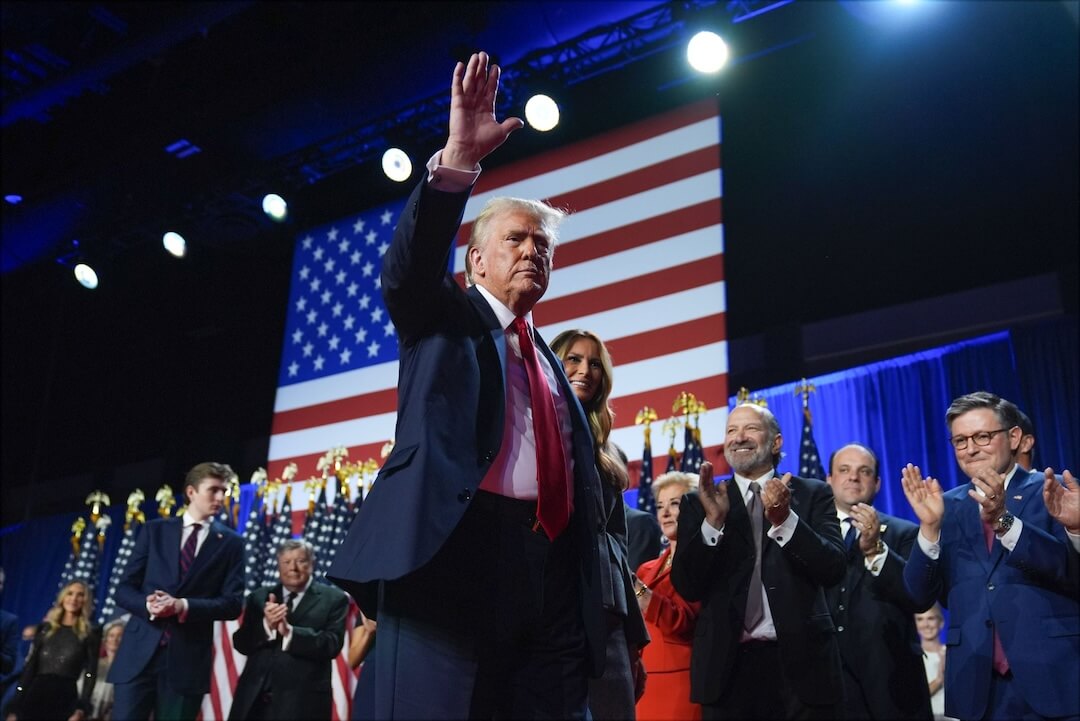This month, fact-checkers from around the world are doing their usual jobs of spreading accurate, reliable facts to people everywhere. But they’re also working on plans to increase their impact and effectiveness, and they’re doing that by submitting grant applications to the International Fact-Checking Network’s Global Fact Check Fund.
Grant applications may not sound exciting, but the fund represents a watershed moment for fact-checkers. Not long ago, fact-checkers were cobbling together projects with only bare-bones financing, or no money at all. Even large U.S. news organizations would assign only one or two journalists to fact-checking projects. In some cases, volunteers did and still do fact-checking work that is essentially unfunded. Small projects with minimal funding got off the ground in countries like Bosnia, Turkey, Ukraine, India and South Korea.

Angie Drobnic Holan, director of the International Fact-Checking Network.
But in the years following, the popularity of fact-checking exploded. News organizations found that their audiences flocked to fact-checking, making the reports some of the most read on their sites. Fact-checking organizations grew, and technology platforms recognized the usefulness of fact-checking in curbing misinformation. Most people believe that information that’s false should not have a leg up on going viral. When Meta’s Facebook introduced its third-party fact-checking program at the end of 2016, the misinformers were put on notice: Fact-checkers were on the beat, flagging posts that falsified, distorted or basically tried to fool people into impulsively sharing something that wasn’t true.
Fact-checks signaled to people to beware of what they read. Content wasn’t taken down, but it was flagged for people to read the fact-checks and make their own judgments. Those who exaggerated or lied now hit speed bumps trying to go viral. Fact-checking has added to the public conversation, providing more context, not censorship.
Recently, Google and YouTube made a major commitment to support the fact-checking ecosystem with a major gift to fact-checkers around the world, committing $12 million to a global fact-checking fund administered by the International Fact-Checking Network at the Poynter Institute. Grants will be given to fact-checking organizations in three rounds over three years, supporting their efforts to expand and increase impact.
For any one organization, the grants aren’t huge — $25,000, $50,000 or $100,000 over the course of a year, typically representing a fraction of overall staff costs. But fact-checkers can stretch this money and get bang for the buck. The first round of the Global Fact Check Fund grants has already gone out. In Poland, fact-checkers are investing in website development and exploring new formats in video. In India, fact-checkers want to increase the number of fact-checks they publish in a given month, tackling topics on health, technology, climate change and society. In the Philippines, fact-checkers plan to focus more of their work on the local community.
While some fact-checkers have long experience with grant applications, other fact-checkers are new to the process. They’re learning for the first time how to navigate putting together proposals with detailed documentation and planning. The IFCN has been able to help these younger organizations learn how to master a process that we hope will help them apply for and win other grants in new contexts.
Whether young or old, though, all the grant recipients speak of increasing their impact and building resilient organizations for the long term. Karol Orzeł, founder of Fakenews.pl in Poland, said the grant program is win-win for both fact-checkers and their audiences.
“For our staff, this grant offers a chance for professional growth, enhanced training opportunities, and the ability to work in a more inclusive and supportive environment. And for the public, it ensures that they are better equipped to navigate the complex digital world with information that they can trust,” Orzeł said.
The International Fact-Checking Network opens the ENGAGE round of funding for the Global Fact Check Fund on Dec. 1; it will remain open until Jan. 8, 2024. To review criteria and apply for the ENGAGE grant visit https://www.poynter.org/ifcn/grants-ifcn/globalfactcheckfund/
We welcome fact-checkers to register for a Q&A Webinar on December 13 to learn more about the fund.







